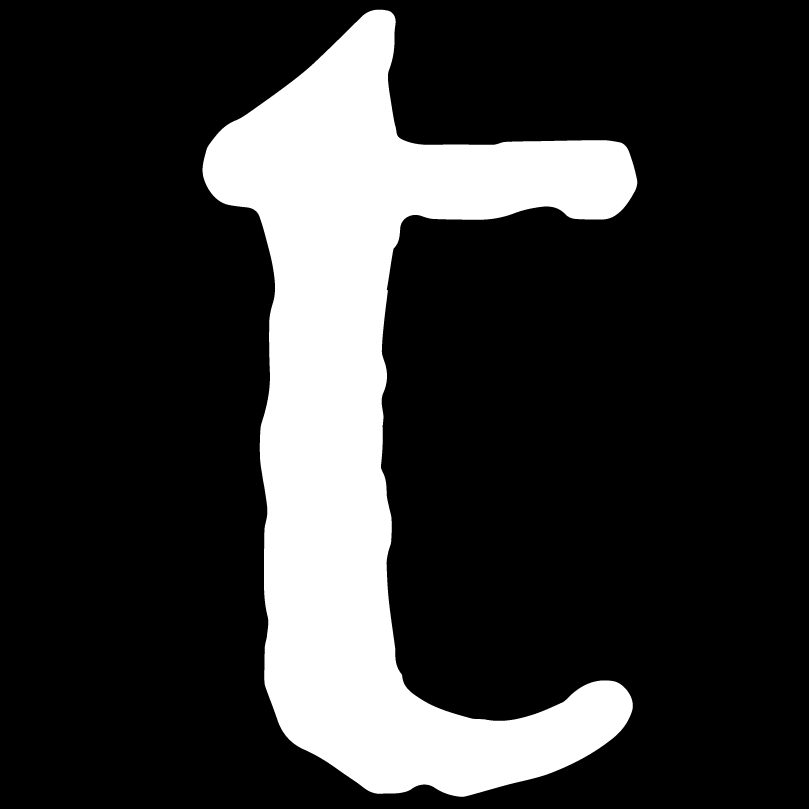
July 12, 2008 AFRODISIAC
At Sonotheque... 1444 w chicago. this should be beautiful.
Get your Afro groove on with DJ TopDonn as he spins lush African beats and rhythms.
A truly memorable night of world music that pushes the envelope on diverse urban entertainment.
Featuring the best in African rhythms including: Kwaito, Ndombolo, Makossa, Coupe-Decalle, Zouk & Kompa!
Hosted by: Aurelien PV
9pm-3am
$10 cover
Links to African music:
http://www.geocities.com/fbessem/frames/framemus.html
http://www.radioafrica.com.au/
http://www.sternsmusic.com/
http://www.myspace.com/analogafrica
http://likembe.blogspot.com/
http://matsuli.blogspot.com/
http://analogafrica.blogspot.com/
http://www.myspace.com/africabeat
http://www.voanews.com/english/africa/blog/
http://www.musicvideos.the-real-africa.com/
http://awesometapesfromafrica.blogspot.com/
http://zulurose.podomatic.com/
http://www.bolingo.org/audio/africa/congo/disco/45/african45/african_45.htm
http://www.africanmusiciansprofiles.com/
http://bolingo.org/audio/africa/congo/disco/
http://biochem.chem.nagoya-u.ac.jp/~endo/africa.html
http://www.soundwayrecords.com/
Kwaito:
Kwaito is a music genre that emerged in Johannesburg, South Africa in the early 1990s. It is based on house music beats, but typically at a slower tempo and containing melodic and percussive African samples which are looped, deep basslines and often vocals, generally male, shouted or chanted rather than sung or rapped. More recently, Kwaito artists like Zola have rapped their lyrics in a hip-hop style, while others such as BOP and Oskido have sped up their beats and toned down the male chants to create a softer form of Kwaito or african house. Other prominent kwaito artists include Arthur, Mandoza and Mzekezeke. Kwaito's lyrics are usually in indigenous South African languages or in English, although several languages can be found in the same song. The name Kwaito itself is derived from the Afrikaans word Kwaai, meaning "angry", a word that has acquired a "cool" connotation.
Ndombolo:
The fast soukous music currently dominating dance floors in central, eastern and western Africa is called soukous ndombolo, performed by Awilo Longomba, Aurlus Mabele, Koffi Olomide and groups like Extra Musica, Wenge Musica among others.
The hip-swinging, booty-shaking dance to the fast pace of soukous ndombolo has come under criticism amid charges that it is obscene. There have been attempts to ban it in Mali, Cameroon and Kenya. After an attempt to ban it from state radio and television in the Democratic Republic of the Congo in 2000, it became even more popular. In February, 2005 ndombolo music videos in the DR Congo were censored for indecency, and video clips by Koffi Olomide, JB M'Piana and Werrason were banned from the airwaves.
Makossa:
Makossa is a type of music which is most popular in urban areas in Cameroon. It is similar to soukous, except it includes strong bass rhythm and a prominent horn section. It originated from a type of Duala dance called kossa, with significant influences from jazz, ambasse bey, Latin music, highlife and rumba. While the makossa style began in the 1950's, the first recordings were not seen until a decade later. Artists such as Eboa Lotin, Misse Ngoh and especially Manu Dibango popularized the style outside of Cameroon in the later 1960s. Makassi is a lighter style of makossa. Sam Fan Thomas developed and popularised this variation in the mid-1980s and made makossa potentially more marketable.
The two musicians largely credited with modernising makossa are Manu Dibango and Emmanuel Nelle Eyoum. Eyoum start using the term 'kossa, kossa' in his songs with his group "Los Calvinos". But it was Emmanuel 'Manu' Dibango which popularised it to the world with his song "Soul Makossa" which came out in the early '70s with the famous chant 'mamase mamasa mamakossa', which was later used by Michael Jackson in "Wanna Be Startin' Somethin'" and Rihanna in "Don't Stop The Music" ('ma ma se, ma ma sa, ma ma coo sa').
Coupe-Decalle:
Coupe-Decalle, a dance phenomenon born in Paris in 2002, saw its origins emminating from the Ivory Coast. Artists like Joe Pappi and Douk Saga are true originators of the form, with its reliance on Congolese rhythms. Coupe-Decalle, like Jazz, soul and funk, has its own particular dances going under the names Orudencia, Farot-Farot, the Leapfrog, Sentiement, Moko, Konami, Foula Fouka and Festiboulance.
Zouk:
Zouk is a style of rhythmic music originating from Guadeloupe and Martinique. It has its roots in kompa music from Haiti, cadence music from Dominica, as popularised by Grammacks and Exile One. Zouk means "party" in the local creole of French with English and African influences, all three of which contribute the sound. In Europe it is particularly popular in France, while on the African islands of Cape Verde they have developed their own type of zouk.
Kompa:
Kompa (sometimes written Compas Direct, konpa direk, konpa or compa) is a musical genre as well as a dance that originates from Haïti. It was first explicitly named «Compas Direct» by Nemours Jean-Baptiste on a recording released in 1955. The name derives from compas, the Spanish word meaning rhythm or tone. It involves mostly medium-to-fast tempo beats with an emphasis on electric guitars, synthesizers, and either a solo alto saxophone, a horn section or the synthesizer equivalent. Unlike zouk, the lyrics are mostly in Haitian Creole, and it has a faster rhythm than zouk.














































